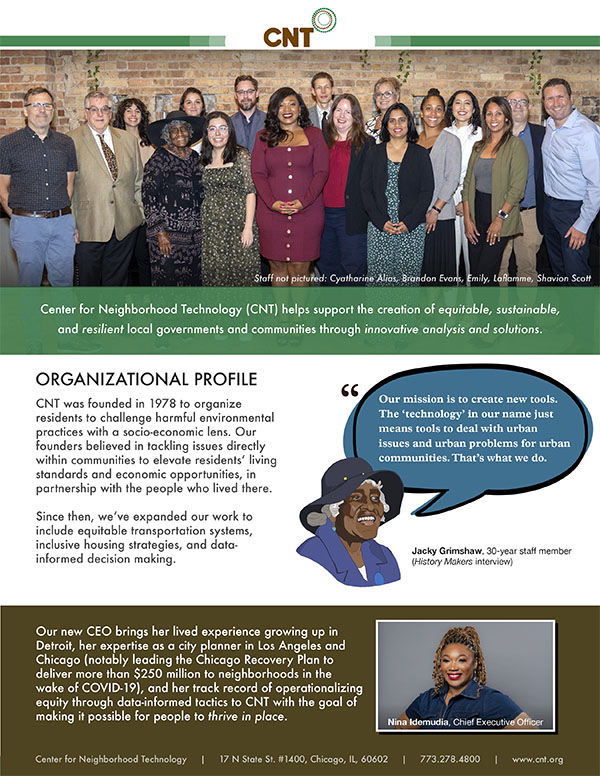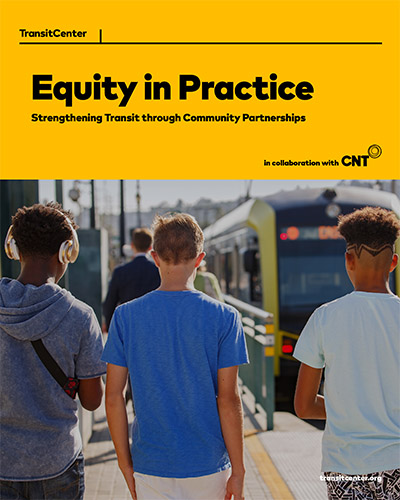
The Chicago area is now home to a new peer-to-peer carsharing service. CNT is spearheading an innovative two-year study in Chicago, in partnership with the Shared Use Mobility Center, and carsharing operator Getaround.
Often called “Airbnb for cars,” peer-to-peer carsharing allows car owners to rent their vehicles to others when not in use via an online reservation platform. Since the average car sits unused more than 90% of the time, according to a 2011 Transportation Research Board (TRB) study, peer-to-peer carsharing presents a tremendous opportunity for car owners to better monetize their assets while also increasing transportation options for their neighbors. According to Getaround, car owners make on average $500 per month renting their cars to their neighbors, and there are no membership fees.
Peer-to-peer carsharing has the potential to offer significant social and environmental benefits, such as reducing greenhouse gas emissions, lowering transportation costs, and improving public health. Existing research from Susan Shaheen of the University of California, Berkeley Transportation Sustainability Research Center (TSRC) shows that each shared car can remove between nine to 13 other cars from the road. The goal of CNT and SUMC’s study is to explore the impacts of peer-to-peer carsharing while helping to lessen congestion, improve air quality, and create a rich network of options.
The study – which is funded by a Federal Highway Administration (FHWA) grant implemented by the Illinois Department of Transportation (IDOT) and the Chicago Department of Transportation (CDOT) – will evaluate the impacts of peer-to-peer carsharing in particular communities, including: a low-density community; low-to-moderator income communities; and, a closed, private network (such as an apartment building).
Launching peer-to-peer carsharing in these markets will introduce the benefits of carsharing into non-traditional communities and also establish a baseline to assess the long-term prospects of this type of carsharing. In addition to designing the study, CNT and SUMC will conduct research through focus groups and surveys, and publish a paper at the pilot’s conclusion. Day-to-day carsharing operations – including providing technology, insurance, and customer service – will be provided by leading peer-to-peer operator Getaround, which was selected through an RFP process.
The study was originally conceived by IGO CarSharing, Chicago’s nonprofit carsharing service owned by CNT from 2002-2013. During its operation, IGO had cars located in approximately 45 Chicago neighborhoods with more than 16,000 members and nearly 300 cars available for use. In Mary 2013, IGO was sold to Enterprise Holding and re-branded as Enterprise CarShare. CNT’s participation in this study is part of its ongoing mission to make it possible for Chicagoans to live well without owning a car.
Residents of the Chicago metro area can participate in the project by signing up at Getaround, or downloading the company’s mobile apps. More information about the study is available on the Shared Use Mobility Center website.





 Strengthening Transit Through Community Partnerships
Strengthening Transit Through Community Partnerships



 RSS Feed
RSS Feed